SystemVerilog for Verification Part 1: Fundamentals
Loại khoá học: Hardware
Fundamentals of SystemVerilog Language Constructs
Mô tả
VLSI Industry is divided into two popular branches viz. Design of System and Verification of the System. Verilog, VHDL remain the popular choices for most Design Engineers working in this domain. Although, preliminary functional verification can be carried out with Hardware Description Language. Hardware Description language possesses limited capabilities to perform code coverage analysis, Corner cases testing, etc and in fact sometimes it becomes impossible to perform this check with HDL's.
Hence Specialized Verification languages such as SystemVerilog start to become the primary choice for the verification of the design.
The SystemVerilog Object-oriented nature allows features such as Inheritance, Polymorphism, etc. adds capabilities of finding critical bugs inside design that HDL simply cannot find.
Verification is certainly more tricky and interesting as compared to designing a digital system and hence it consists of a large number of OOP's Constructs as opposed to Verilog. SystemVerilog is one of the most popular choices among Verification Engineer for Digital System Verification. This Journey will take you to the most common techniques used to write SystemVerilog Testbench and perform Verification of the Chips. The course is structured so that anyone who wishes to learn about System Verilog will able to understand everything. Finally, Practice is the key to become an expert.
Bạn sẽ học được gì
Yêu cầu
Nội dung khoá học
Viết Bình Luận
Khoá học liên quan

Đăng ký get khoá học Udemy - Unica - Gitiho giá chỉ 50k!
Get khoá học giá rẻ ngay trước khi bị fix.

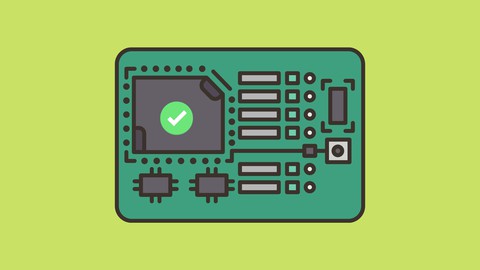
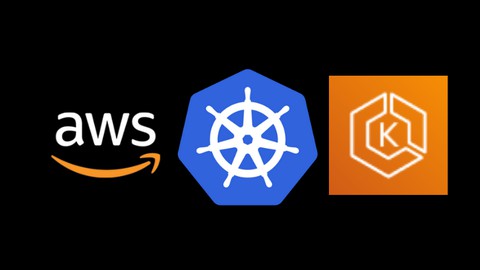
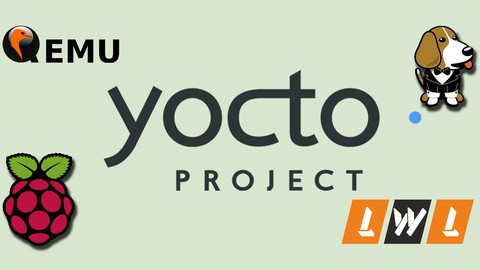
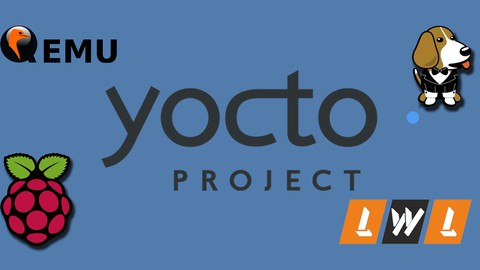
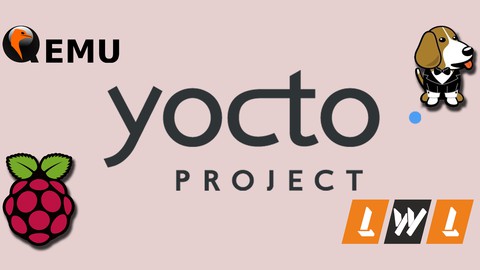











![[2023] Master Spring MVC with Java for Beginners](/uploads/courses/udemy/5568212_520b_2.jpg)
Đánh giá của học viên
Bình luận khách hàng